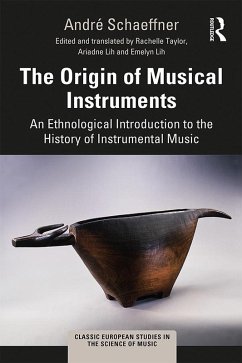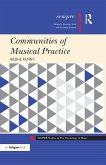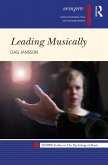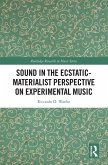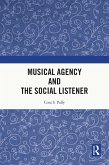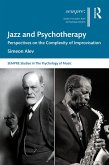The work of French musicologist, ethnologist and critic André Schaeffner grew out of his first organological studies of the history of Western classical instruments in the late 1920s and encapsulated in his wide-ranging Origine des Instruments de Musique, which captures his studies in Paris between 1931 and 1936.
Dieser Download kann aus rechtlichen Gründen nur mit Rechnungsadresse in A, B, BG, CY, CZ, D, DK, EW, E, FIN, F, GR, HR, H, IRL, I, LT, L, LR, M, NL, PL, P, R, S, SLO, SK ausgeliefert werden.

